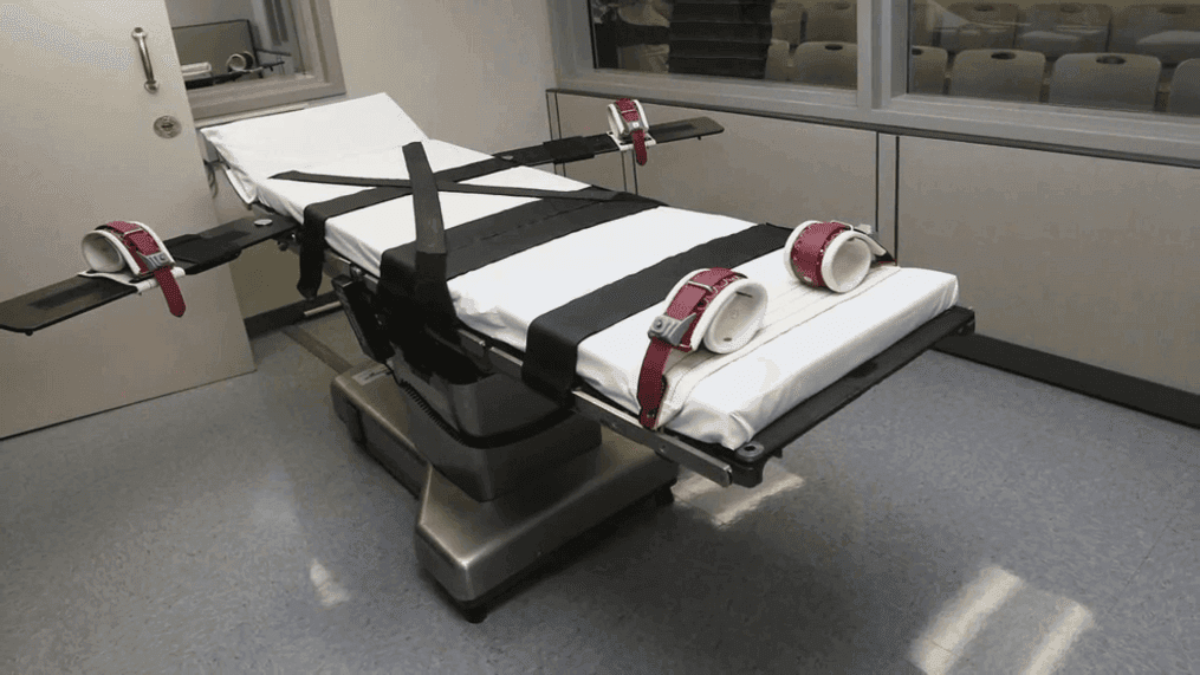In a recent execution that garnered national attention, a condemned inmate in South Carolina raised concerns that the state would require two doses of lethal injection drugs to carry out his death sentence. This unprecedented situation highlighted the growing debate surrounding the state’s use of lethal injection and its impact on the execution process. As one of the last executions to take place in South Carolina, the incident has sparked widespread discussions on the ethics and efficacy of the death penalty.
The Concerns Raised by the Inmate
The condemned inmate, whose identity has been withheld to respect legal proceedings, expressed deep concern about the potential for a botched execution. He feared that the state might need to administer a second lethal injection dose due to complications during the first attempt. The issue of botched executions has been a subject of controversy in recent years, as the administration of lethal injections has been associated with botched procedures, causing suffering for the inmate.
This particular execution was not without its challenges. South Carolina had to contend with several logistical and procedural difficulties as it worked to carry out the death sentence. Inmates on death row in the state are typically given the option of choosing the method of execution—either lethal injection or the electric chair. However, due to the ongoing shortage of lethal injection drugs and the difficulties in acquiring them, South Carolina had resorted to the electric chair for some executions.
Lethal Injection Drugs and Their Availability
The availability of lethal injection drugs has become an increasingly contentious issue in the United States. Pharmaceutical companies have enacted policies prohibiting the sale of execution drugs to states, making it more difficult for authorities to acquire the necessary substances to carry out lethal injections. In response to these shortages, some states have resorted to using alternative methods, such as the electric chair or firing squads, to execute condemned prisoners.
South Carolina’s struggles with lethal injection drug availability have been well-documented. The state’s decision to switch between lethal injection and the electric chair for executions has raised concerns about the safety and humanity of the execution process. The lack of a reliable supply of drugs and the potential for multiple doses have only compounded the issue, making the execution process even more unpredictable.
The Broader Debate Over the Death Penalty
The controversy surrounding the execution of this condemned inmate is not limited to the issue of lethal injection doses. The broader debate over the death penalty itself continues to evolve, with many activists and legal experts calling for its abolition due to concerns about its fairness, efficiency, and the potential for irreversible mistakes. Proponents of the death penalty argue that it serves as a necessary deterrent to crime and a means of delivering justice for the most heinous offenses.
However, opponents of the death penalty have raised significant ethical questions about its use, especially in light of recent botched executions. The case of this inmate, who worried about the need for two doses of lethal injection, underscores the uncertainty and potential harm associated with the practice. Many contend that if the death penalty cannot be carried out reliably and without causing unnecessary suffering, it should be abolished altogether.
South Carolina’s Position on the Death Penalty
South Carolina remains one of the states that continues to actively pursue executions, despite the challenges involved. The state has faced criticism for its reliance on the electric chair and its difficulties in securing lethal injection drugs. Despite these challenges, state officials have argued that the death penalty is an important tool for delivering justice and ensuring that those who commit the most violent crimes are held accountable.
Governor Henry McMaster and other state leaders have reiterated their commitment to upholding the death penalty in South Carolina. The state has been working to address the legal and procedural issues surrounding executions, but the concerns raised by condemned inmates and the public at large remain significant.
For more information on South Carolina’s death penalty policies and execution procedures, visit The Post and Courier.
Disclaimer – Our team has carefully fact-checked this article to make sure it’s accurate and free from any misinformation. We’re dedicated to keeping our content honest and reliable for our readers.








